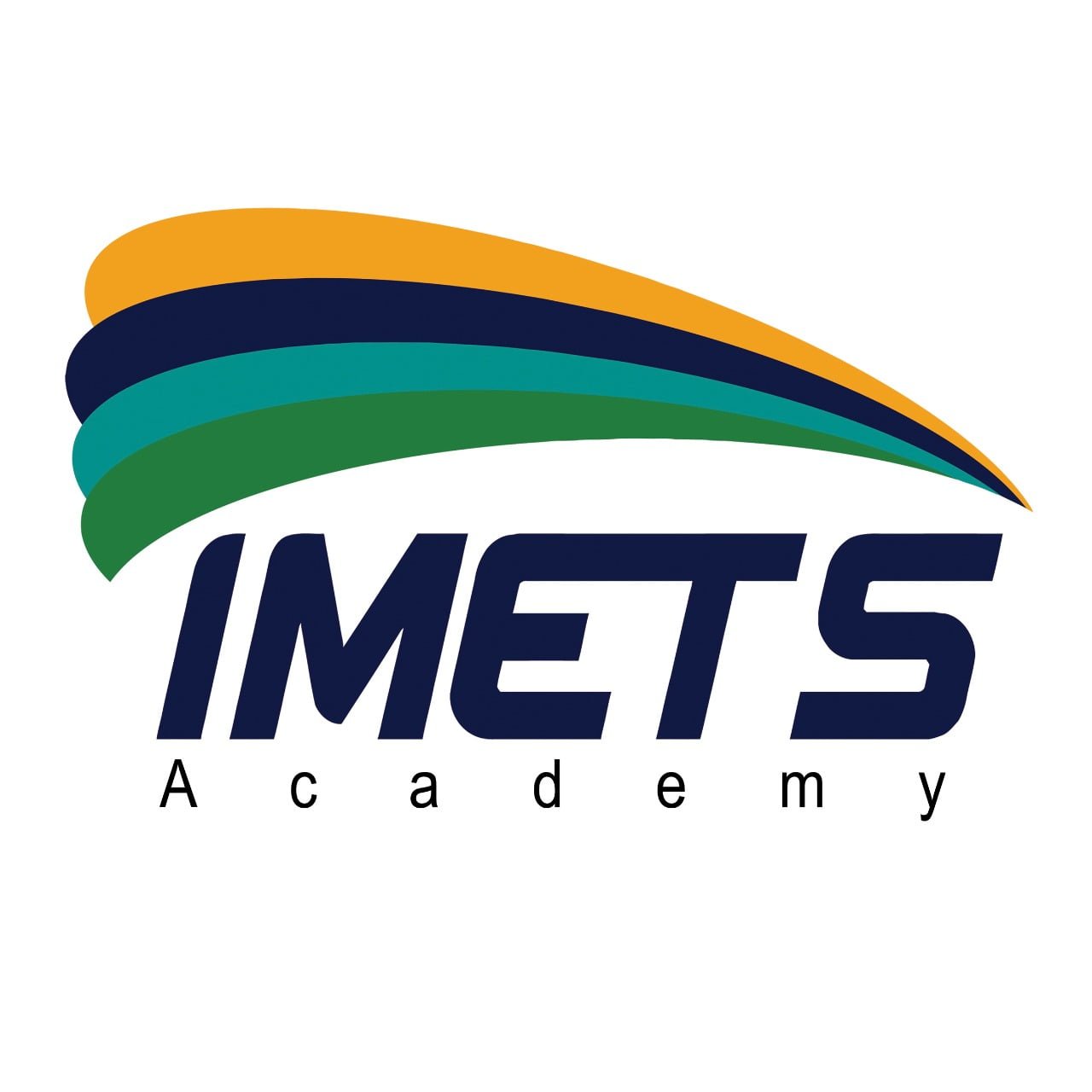Infection Control Diploma
- 20 Lectures
- 1400 Students
Course Overview:
Do you want to make healthcare settings safer for everyone? Our Infection Control Diploma is designed just for you! In this program, you’ll learn the best practices to prevent and manage infections in healthcare facilities, like hospitals, clinics, and even community health centers. From mastering sterilization techniques to understanding how to manage outbreaks, you’ll gain the skills needed to protect both patients and healthcare workers.
Who Should Enroll in This Infection Control Diploma?
This program is a great fit for:
- Healthcare professionals (nurses, doctors, lab technicians) wanting to specialize in infection control.
- Hospital administrators looking to strengthen infection control programs in their facilities.
- Public health professionals and epidemiologists eager to expand their knowledge.
- Anyone who’s passionate about improving safety and health standards in healthcare settings.
Certification:
Once you complete the program, you’ll receive an Infection Control Diploma, showing off your skills and expertise in infection prevention.
Do I Need Any Background Knowledge?
No specific background is required! If you have some basic understanding of healthcare, that’s a bonus, but it’s not essential to join this course.
Ready to Make a Difference in Healthcare?
Join our Infection Control Diploma today and take the first step towards becoming an infection control expert. You’ll gain the skills and confidence to lead initiatives that make healthcare environments safer for everyone. Don’t wait—start making an impact in the world of healthcare now!
Benefits Of having Infection Control Diploma
Getting your Infection Control Diploma is more than just a qualification—it’s a way to boost your career, make a real impact, and grow as a healthcare professional. Here’s how this diploma can benefit you:
1. Open New Career Doors
Infection control experts are in high demand everywhere! With this diploma, you'll stand out when applying for roles in hospitals, clinics, public health organizations, and more. Whether you’re aiming to become an infection control specialist, healthcare consultant, or even a hospital administrator, this credential puts you ahead of the competition.
2. Become the Go-To Expert
Imagine being the person everyone turns to for advice on preventing infections and creating a safer environment. That’s you! With the skills you gain in this diploma, you’ll have the confidence to lead infection control programs, train your colleagues, and make sure best practices are always followed. You’ll be the hero that keeps your workplace safe.
3. Make a Difference in Patient Care
Every day in healthcare, patients and staff are exposed to various infection risks. By knowing how to prevent and manage these infections, you'll directly improve patient outcomes and protect healthcare workers. It’s not just about doing a job—it’s about truly making a positive impact on people’s health.
4. Step Up as a Leader
Infection control isn’t just about knowledge—it’s about leadership. This diploma will give you the skills to run infection control programs, lead training sessions, and even influence policy changes in your workplace. You’ll not only be making important decisions but also guiding others to do their part in creating a safer environment.
Increased Job Opportunities
Infection Control Diploma certification can significantly enhance your job prospects, as many healthcare organizations prioritize candidates with this credential.
Higher Salaries
Infection Control professionals often command higher salaries due to their specialized knowledge and skills.
Leadership Positions
Infection Control Diploma can position you for leadership roles within Infection Prevention and Control Diploma departments.
Students Feedback

Course Details:
Instructor
IMETS Instructors
Duration
6 Months
Lectures
20
Available Seats
4
Language:
Arabic, English
Certifications
International
FAQ
The Infection Control Diploma at IMETS Medical School is designed to be flexible, allowing you to complete it in 6 months. We know how busy life can get, so we offer a self-paced online format that fits around your schedule.
All you need is a high school diploma or equivalent to get started! You don’t need prior experience in healthcare—we welcome students from all backgrounds who are passionate about creating safer healthcare environments.
Yes, you can! The diploma is offered completely online, so you can study from anywhere in the world. This flexibility makes it perfect for working professionals, students, or anyone who prefers the convenience of online learning.
Our curriculum covers essential topics like infection prevention strategies, sterilization techniques, epidemiology, microbiology, disease transmission, and healthcare safety protocols. You’ll gain the knowledge and skills needed to implement effective infection control practices in various healthcare settings, from hospitals to clinics.
This diploma is ideal for healthcare professionals, nurses, hospital staff, public health workers, or anyone interested in infection control and prevention. Whether you’re new to the field or a seasoned professional looking to enhance your expertise, this program is designed to help you make a real difference in healthcare safety.
After graduating, you’ll be ready to take on roles such as Infection Control Officer, Infection Prevention Specialist, Healthcare Quality Manager, or Public Health Advisor. These skills are in high demand in hospitals, clinics, public health organizations, long-term care facilities, and more.
No healthcare experience is required! Our program provides a comprehensive introduction to infection control, so it’s suitable for both beginners and those looking to expand their healthcare knowledge.
Yes! Upon completing the program, you’ll receive an Infection Control Diploma from IMETS Medical School. This credential will not only enhance your resume but also open doors to various roles within the healthcare and public health sectors.
Enrolling is easy! Simply visit the IMETS Medical School website, find the Infection Control Diploma course page, and fill out the online registration form. If you have any questions or need help with the process, our friendly admissions team is here to assist you every step of the way.
Curriculum

Environment of Care
Environmental Safety - evaluation and monitoring of environmental cleaning and disinfection practices and technologies - infection risks and provide recommendations for risk mitigation during construction, renovation, and maintenance

Education and Research
education of patients, families, and others regarding prevention and control measures - strategies that engage the patient, family, and others in activities aimed at preventing infection

Identification of Infectious Disease Processes
Risk factors for infectious diseases - colonization, infection, and pseudo infection - prophylactic, empiric and therapeutic uses of antimicrobials

Management and Communication
Planning the Infection Prevention Program - Communication - Quality Performance Improvement and Patient Safety - quality/performance improvement and patient safety activities related to infection prevention

Surveillance and Epidemiologic Investigation
Design of Surveillance Systems - Collection and Compilation of Surveillance Data - Interpretation of Surveillance Data - Outbreak Investigation -

Employee/Occupational Health
screening and immunization programs - employee/occupational health regarding counseling, follow up, and work restriction recommendations related to communicable diseases and/or exposures

Preventing/Controlling the Transmission of Infectious Agents
infection prevention policies and procedures - infection prevention and control strategies - strategies related to Transmission based Precautions

Cleaning, Disinfection, Sterilization of Medical Devices and Equipment
appropriate cleaning, disinfection, and sterilization practices based on intended use (e.g., Spaulding classification) - irect observations critical steps of cleaning/low level disinfection, high level disinfection, and/or sterilization -

